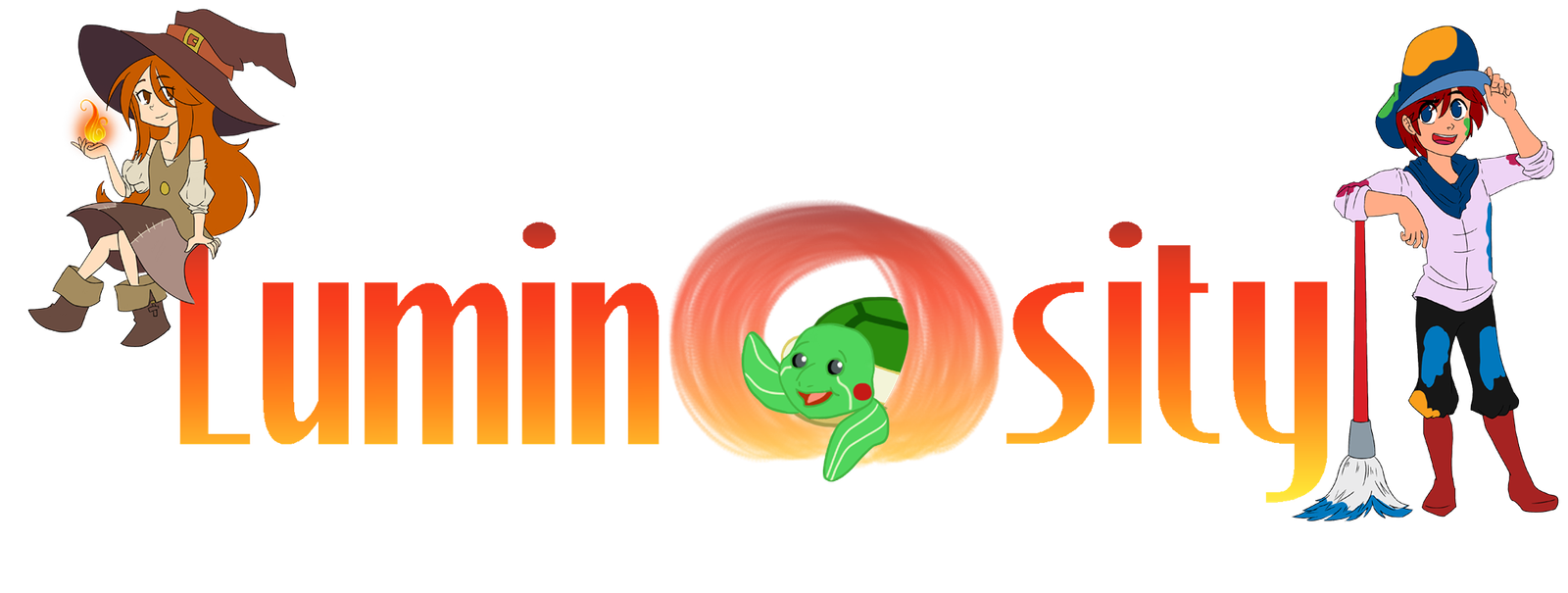I had always had an interest in games. Like so many in my generation, I grew up with the the classic NES playing Mario, Tetris and Ninja Gaiden. I loved these games, but it never actually crossed my mind that I could one day be making games. There was always an interest in programming to some extent. I messed around on my Mac Classic first moving around a ball on the screen, then creating an animated storybook about a pair of scissors. It had Venetian blind effects and everything! Later on, I got into some HTML and, like many kids my age, started a Geocities page. Eventually, I even helped set up a website for my parent’s business.
While these were fun pass times for me, I was more a fan of stories. I loved writing. It not only provided an outlet for my creative energy, but it also gave me a sense of pride. I had created something that didn’t exist in the world before. While no publishing houses printed my work, I often showed it off to my friends and teachers who would provide feedback. A lot of my pieces was pretty silly and just meant to entertain, others were more introspective and still others, well, like all teenagers I had an emo phase.
Later Years
It wasn’t until I got into college that I picked up gaming again. By then, the graphics had improved drastically, and many of the games I played had an actual story. Now don’t get me wrong, there were plenty of classic games that had a story (Secrets of Mana, Final Fantasy, etc.), but I had just never played them. At that time, it seemed like a revelation. Hey, maybe I could take my love of writing and make games. Then I immediately forgot about it.
Fast forward several years and game development just started becoming more accessible. It still seemed impractical for me to do, I had no experience with programming and wasn’t very good at art. Still, I loved the idea of working on them. As a writer, it offered a novel approach to storytelling. It’s built-in interactivity made people experience the story more deeply. Players can also shape the story based on how they play. The character takes on their attributes. Even in a simple platformer game, there are multiple ways to play it – speed running, finding all the hidden objects, etc. – it makes the connection to the character and game stronger.
Getting into the Industry
With a little bit of searching, I found a site that had job postings for people interested in game development. I applied to several and got my first gig as a writer for an MMO project. It was pretty awesome! I shaped the world. I created the entire history from how it started to the “modern” period. After that, I helped outline the webcomic and even helped create the plants and animals of the game. It was an amazing experience. Of course, like with all ambitious MMOs, it eventually fizzled out due to lack of focus and a small team.
After that, I joined another group as a writer. I was brought on to help flesh out the backstory of the world and the characters. It was a lot of fun coming up with a story that matched the title. Eventually, I spoke with the producer, and we decided to create a smaller game to help build up some hype for the larger game we were making. At first he acted as the lead designer, but eventually, he passed the torch to me as I had a greater understanding of the story and setting. It was pretty scary! Having never taken on this role, I had no idea what to do, how to communicate my goals and issues. Add on to that internal struggles, and it was a nightmare. But eventually, it did get done.
And Now…
With each new game, I improve. It’s a learning process, and it can sometimes be painful, but it’s worth it.
Recently, I took part in a mentorship program where I created my first game from scratch. While it certainly isn’t a masterpiece, it proved to me that even without any art skills or experience with programming I could make something that was playable and had some interesting features. Learning more about these aspects also helps me a become a better game designer. I’m planning on putting some time aside to work on personal projects so that I can test out some mechanics that I might later include in other games to see if it’s any fun.
I didn’t become a game designer by following a traditional path. While I think there are benefits to getting a degree in game design from schools (connections, familiarity with game engines, etc.), it’s not for everyone. So, if you’re mulling over whether you want to jump into game development or not, give a try. You don’t need to study computer science in college to make a good game. What you do need, however, is perseverance to push through.

